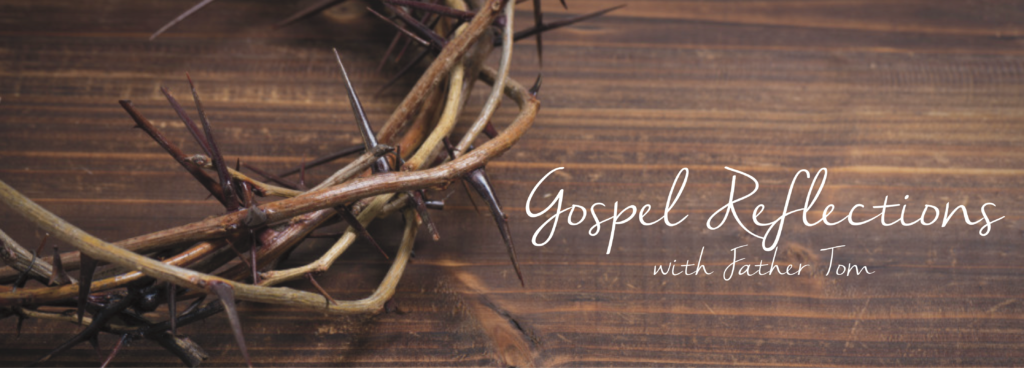
The Our Father is the first and greatest of all Christian prayers. Its short and simple phrases embrace every relation between us and God. It not only tells us what to pray for, but also how to pray for it.
However, it tends to be said so hurriedly and unthinkingly that much of its meaning is lost. This is a pity. Because, properly understood, the Our Father contains a whole program for Christian living. If we were to live up to what it contains, we would be perfectly in tune with the mind of Christ, because undoubtedly this is how he himself prayed and lived.
The first part deals with God. We begin by acknowledging God’s existence, and calling him “Father”. God is a parent to us, and we are his children. Sometimes he acts like a father, and sometimes like a mother. Then we praise his name. In praising his name we praise him. We pray for the coming of his kingdom – a kingdom of truth and life, holiness and grace, justice, love, and peace. We have a part to play in making his kingdom a reality. We pray that his will may be done on earth. ‘On earth’ means in our lives too. God’s will may not always be the easiest thing to do, but it is always the best thing.
The second part deals with us and our needs. We begin by praying for our daily bread. ‘Bread’ stands for all our material needs. We pray for forgiveness for our own sins, and for the grace to be able to forgive those who sin against us. Inability to forgive others makes it impossible for us to receive God’s forgiveness.
We pray not to be led into temptation. God does not put temptation in our path but life does. And we ourselves sometimes walk into temptation of our own accord. We are asking God to help us to cope with the temptations that come to us unbidden, and to avoid those of our own choosing.
Finally, we pray to be delivered from all evil, both physical and moral. We can’t expect never to encounter evil. What we are asking God for is the grace to be victorious over all evil, but especially moral evil.
Notice that the whole of the Our Father is couched in plural terms. This shows that we are one family under God, and that there can be no salvation for us independent of others.
